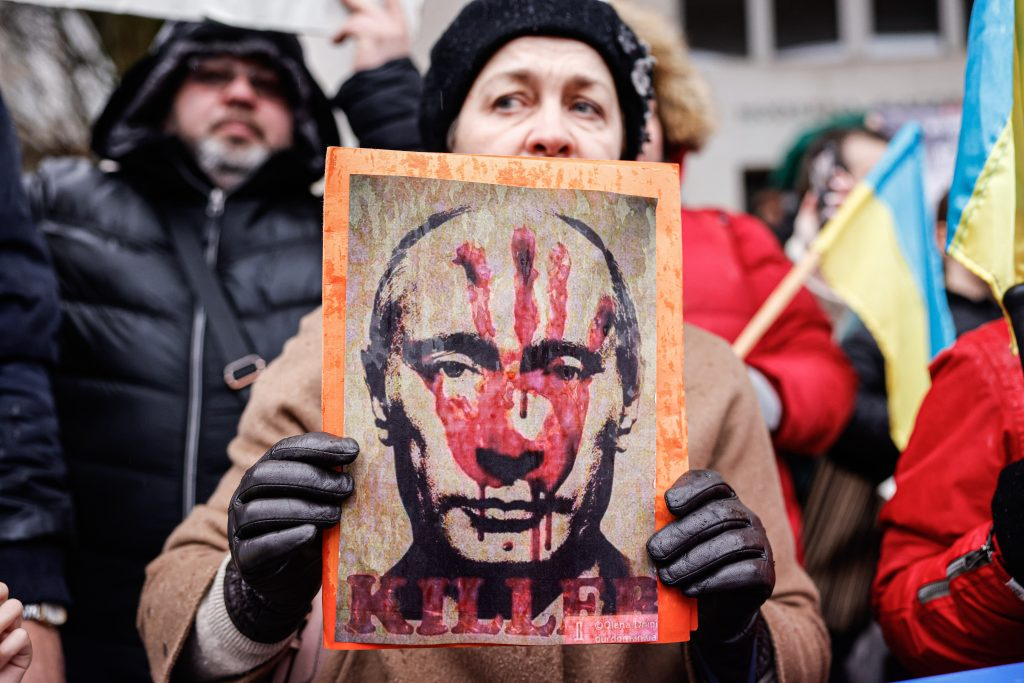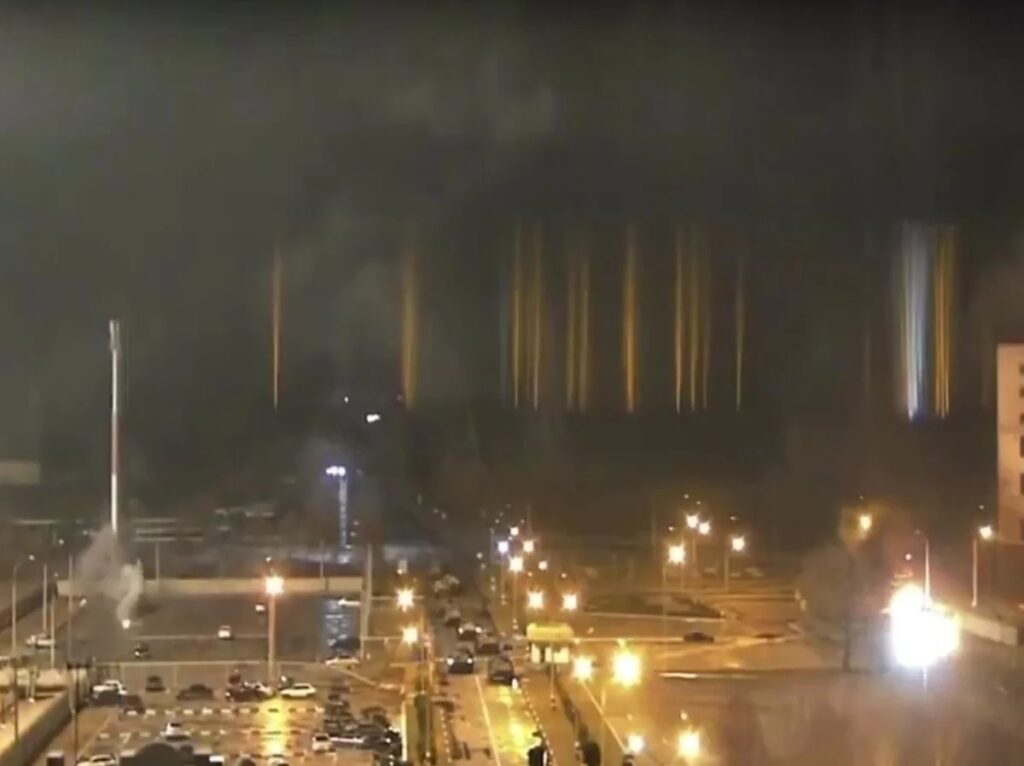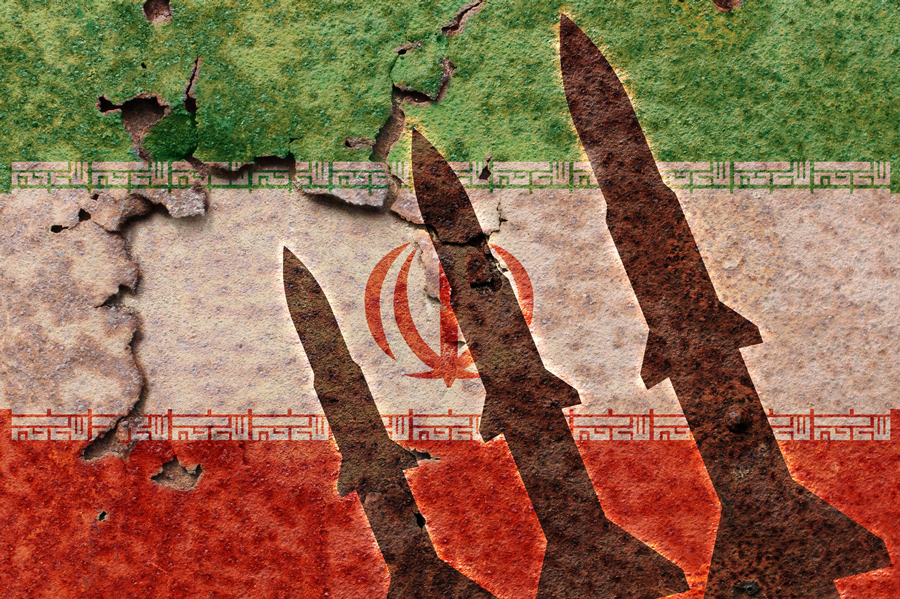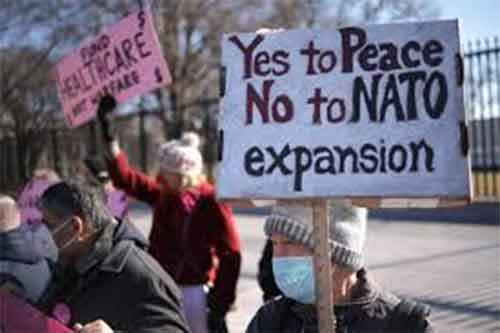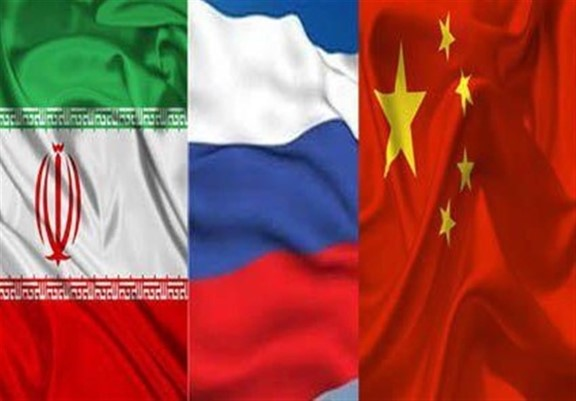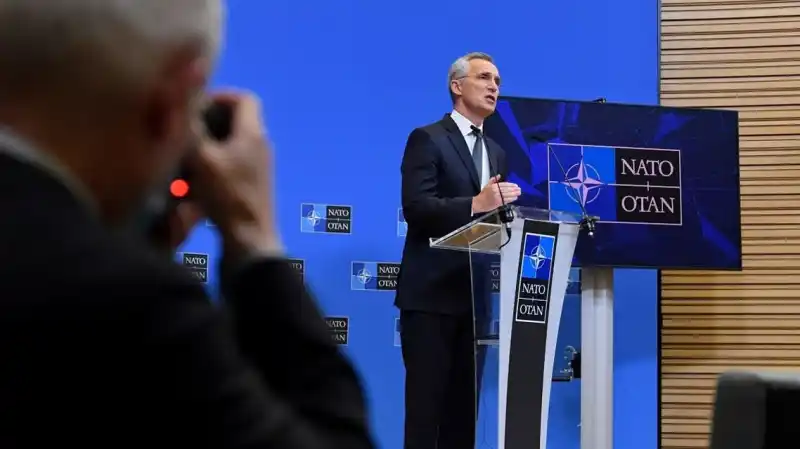Russia Crisis Military Assessment: Why did Russia’s invasion stumble?
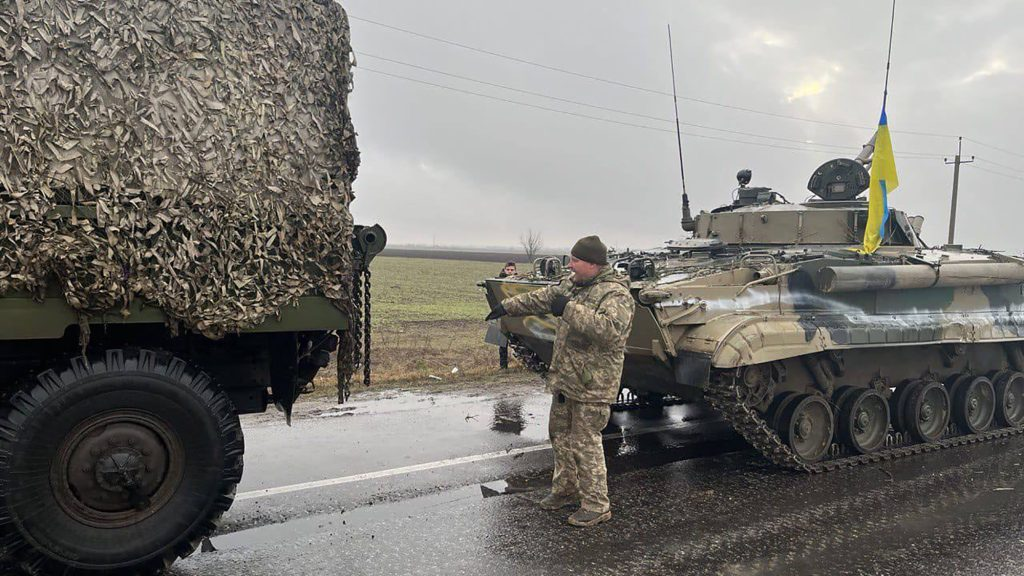
The bottom line
During the first week of the war, Russian ground forces have become bogged down outside of the northern Ukrainian cities of Kharkiv and Kyiv due to their failure to establish air superiority (which has resulted in significant aircraft and helicopter losses), too few troops to execute three simultaneous thrusts (toward Kyiv and Kharkiv, and north from Crimea), poor coordination of fires and maneuver, significant logistical issues, and stronger than expected Ukrainian resistance. Russia’s naval superiority in the Black Sea has contributed to success in its southern area of operations, with Russian forces breaking out from the Crimean Peninsula and taking territory in southern Ukraine. Although Ukraine has fought well and disrupted plans for a quick and decisive Russian victory, the situation is still perilous. Russia is moving to encircle Kyiv and Kharkiv and appears to have switched to indiscriminate long-range fires—resulting in significant collateral damage in residential areas—and is making significant progress in the south.

